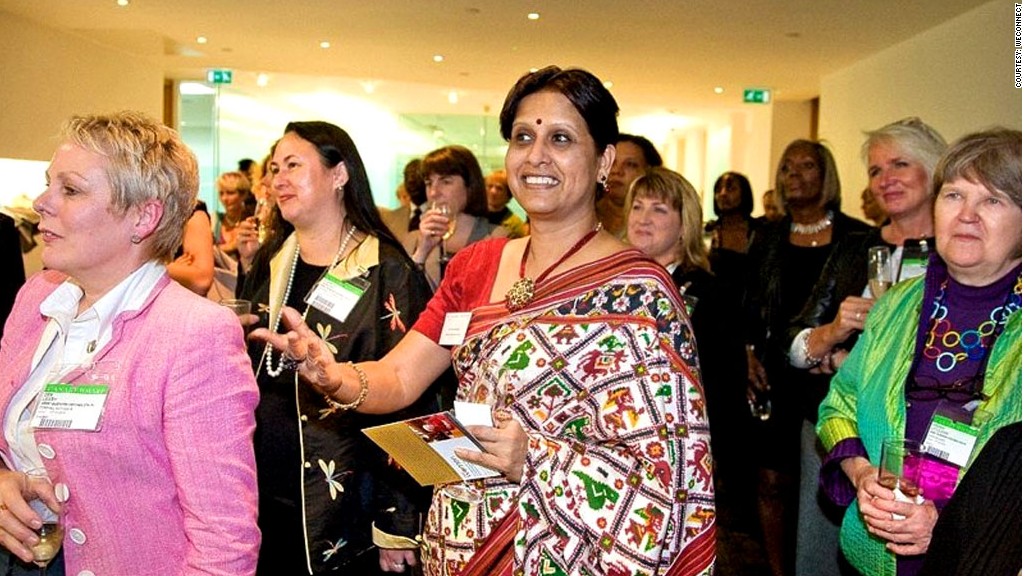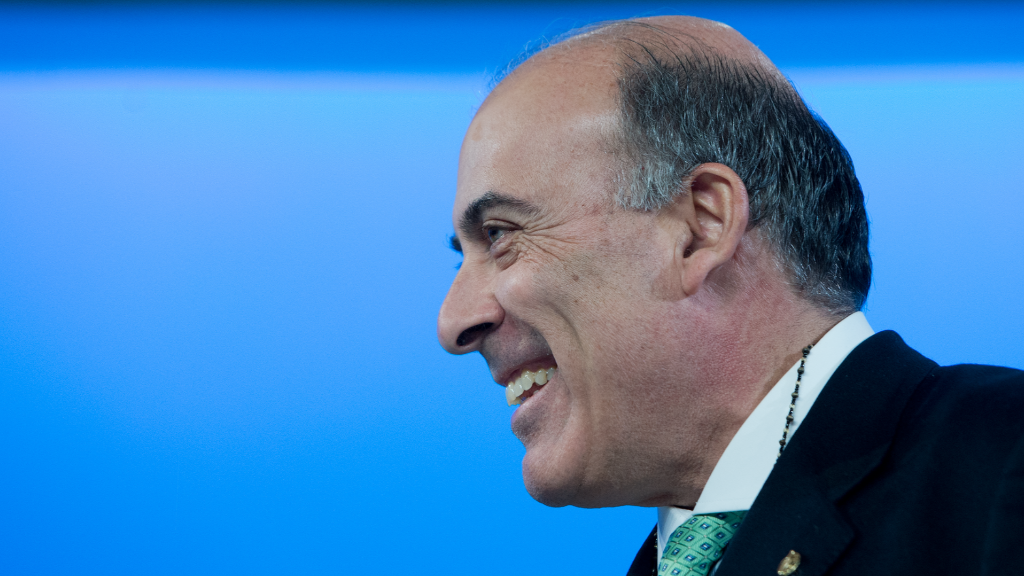
Women own millions of businesses around the world, yet receive just a fraction of the money that large organizations spend each year on new business contracts. But a new initiative aims to change that -- in a big way.
A half dozen corporate giants -- including Wal-Mart (WMT), Coca-Cola (CCE), IBM (IBM) and Exxon Mobil (XOM) -- will award $1.5 billion in contracts to women-owned businesses between 2013 and 2018.
Some 15,000 women entrepreneurs who own and run businesses outside of the United States will have the chance to compete for new business contracts around the world, said Elizabeth Vazquez, CEO and co-founder of WEConnect, a women-focused non-profit behind the initiative.
In addition to the funds, other large firms and nonprofits are pledging assistance in the form of training, mentoring and strategy development to help women business owners grow and compete more effectively, Vazquez said.
Related Story: Startup wins $1 million to help end hunger -- with insects
A big part of the initiative, announced Wednesday as part of the Clinton Global Initiative, is to track and measure how the $1.5 billion is invested. Vazquez said few organizations outside the United States and South Africa track money spent by gender. With data collected from this initiative, they'll be able to "establish a baseline [and] build the infrastructure to track and measure progress" so that women entrepreneurs are more successful.
Not all 15,000 businesses will receive contracts, however. "This isn't a grant. It's a business endeavor from these companies," said Vazquez. "The whole point of this is to get more money in the hands of these women so that they can grow their businesses. But they have to compete for these contracts."

The idea was conceived over a year ago by WEConnect and Vital Voices Global Partnership, an NGO founded by former U.S. Secretary of State Hillary Clinton.
The program isn't available to businesses in the United States, where women entrepreneurs are faring better than their global counterparts. "A lot more still has to be done to empower women-owned business here," said Vazquez."But outside of the United States, we found that there is no infrastructure or support to help them succeed."



